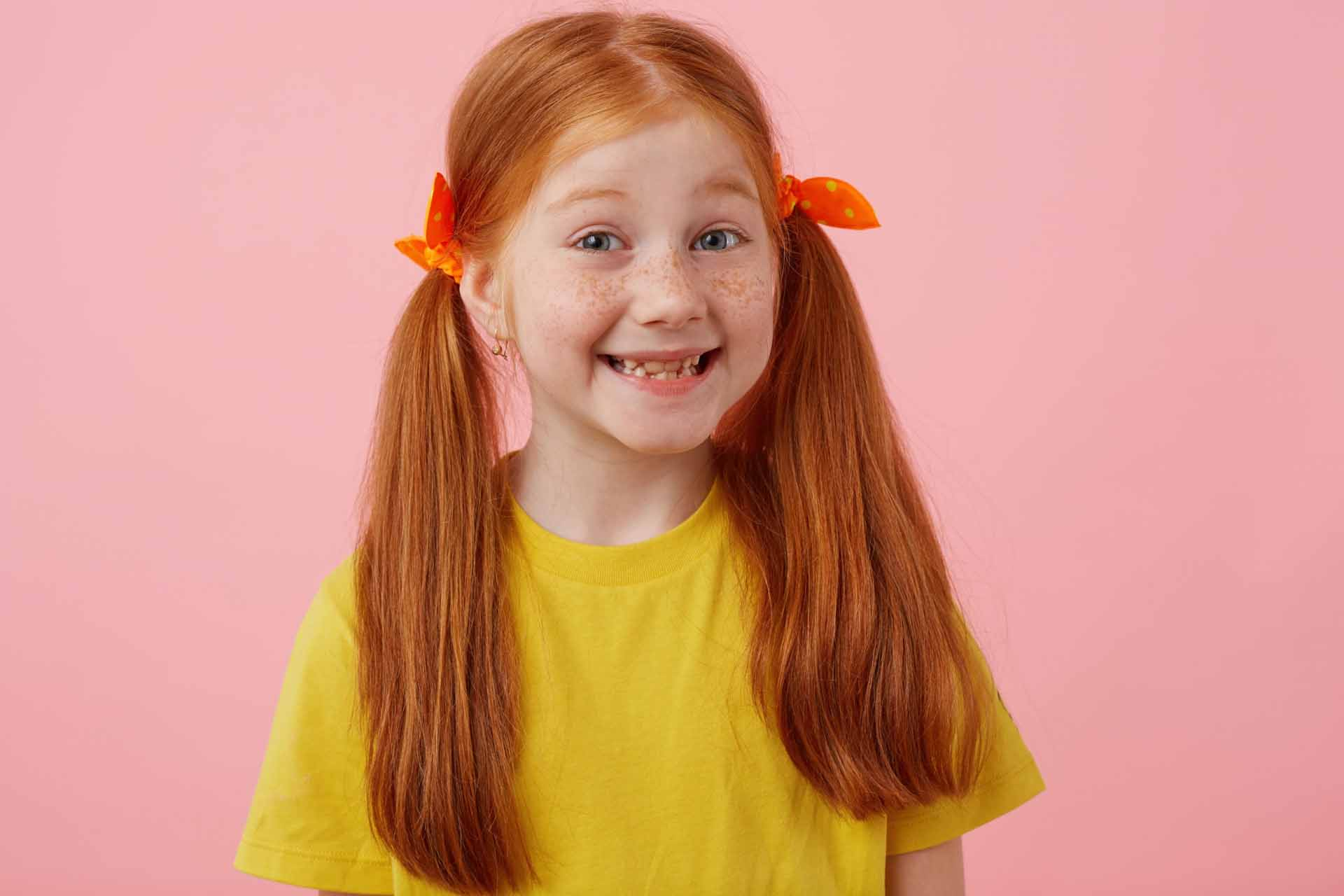What is Tooth Grinding (Bruxism)?
Tooth grinding, referred to as bruxism in medical terms, is an action where one unconsciously clenches or grinds their teeth, often during sleep. For parents, it can be a cause of concern when children grind their teeth during sleep or even sometimes during the day.
Causes of Tooth Grinding in Children
Mild tooth grinding during the transition from primary to permanent teeth is considered normal, especially when the milk teeth fall out and the permanent teeth emerge. The slight wear on the chewing surfaces of primary incisors and molars is important as it makes room for the new permanent teeth, along with the growth of the jaws. Additionally, the pressure on the gums during the eruption of permanent teeth stimulates the nerve endings and chewing muscles. Tooth grinding that occurs in this way usually diminishes once all permanent teeth have erupted.
Could There Be Another Reason for Hearing My Child Grinding Their Teeth?
Other factors related to a child's overall health and psychology can also contribute to tooth grinding.
Digestive system disorders such as reflux, intestinal parasites, and respiratory issues like sinusitis, allergic bronchitis, or asthma can trigger tooth grinding. These are often considered common causes of tooth grinding observed between the ages of 1 and 3. In older children, factors that can create emotional stress (e.g., the arrival of a new sibling, parental disputes, school-related problems) can also lead to tooth grinding. Severe and "loud" tooth grinding in children may be attributed to these factors. Continued psychological problems can lead to bruxism in later years, causing temporomandibular joint issues and pain in the face, head, and neck.
Is There Treatment for Tooth Grinding in Children?
Simply put, when the factors contributing to tooth grinding in children are eliminated, the grinding usually subsides significantly. Therefore, it is important to gather detailed information about the frequency and intensity of a child's tooth grinding, any diagnosed health problems they may have, and any medications they may be taking. If an examination reveals elevated fillings, these should be adjusted first.
If tooth grinding is suspected to be associated with an existing health problem, that issue should be treated first. Treatment of the underlying issue often results in a reduction in tooth grinding.
It's also important to consider that tooth grinding may have emotional origins. Although families may often recognize the source of this psychological condition, in severe cases, a collaborative effort between family, a psychological counselor, and a dentist may be necessary. During this time, the use of a temporary appliance (splint) can help prevent tooth grinding.
Protection can be provided to tooth surfaces prone to wear due to grinding by applying fluoridated agents.
Regular dental check-ups and preventive interventions performed at an early age can prevent tooth grinding and any associated joint disorders in later years.
Article Written by Dentist: Dr. İdil Akmeriç





